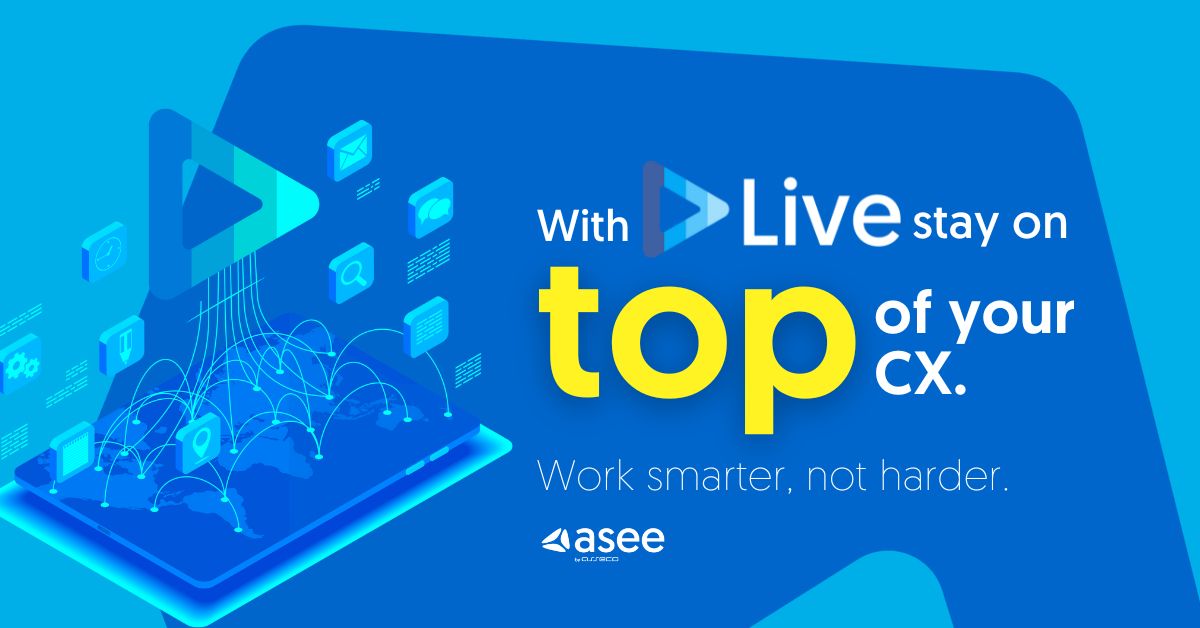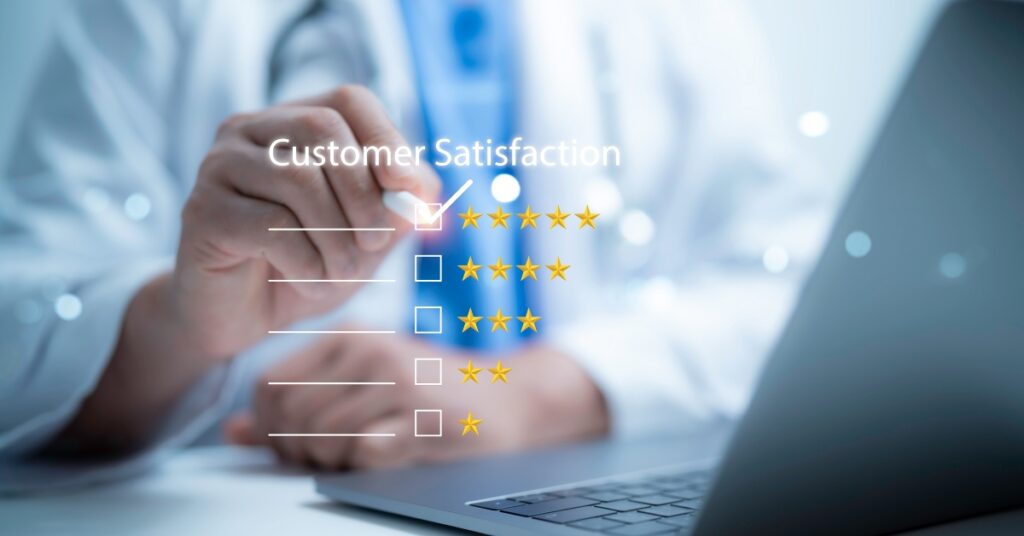
Written by Dominik Galinec, Product Strategy Director at ASEE
Healthcare today is about much more than providing quality medical treatment. The patient experience — how people feel and what they encounter at every step of their healthcare journey — has become just as important.
Patients no longer judge providers only by their clinical outcomes. They expect smooth, clear, and timely communication at every touchpoint: when booking an appointment, following up on test results, checking referral status, or simply asking a question. In many cases, this communication shapes their overall perception of the care they receive.
At the same time, private healthcare is growing rapidly, both in our region and globally. More clinics, hospitals, and medical centres mean more patient interactions — and far greater complexity when it comes to managing communication.
On top of that, healthcare providers increasingly want solutions that won’t add to their IT burden. They look for cloud-based platforms that don’t require heavy investments in hardware or dedicated IT teams for maintenance. They want technology that works reliably, securely, and without hidden costs or complexities.
When communication processes and tools aren’t ready for this new reality, the consequences are immediate: frustrated patients, overwhelmed staff, rising operational costs, and lost opportunities to deliver the kind of care that builds loyalty and trust.
Calls, emails, SMS, chat, and social media are handled separately by different systems or teams. This slows down responses, creates room for inconsistent messaging, and forces patients to repeat themselves, which erodes trust.
Teams spend too much time answering routine queries — clinic hours, directions, referral statuses — leaving them less able to focus on complex or urgent cases.
High no-show rates and inefficient scheduling result from a lack of smart systems for booking, reminders, and calendar management. This leads to wasted capacity and longer waiting times.

Without access to a full communication history, staff struggle to provide fast, accurate responses. And without the right tools, clinics miss opportunities to engage patients, whether through reminders, health campaigns, or information about new services.
Many providers are weighed down by on-premise systems that require expensive infrastructure, regular maintenance, and IT staff just to keep them running. This creates avoidable costs and complexity.
Patients expect healthcare to match the seamless service they get in other parts of life. Outdated systems can’t deliver that.
A modern Customer Experience (CX) platform transforms these challenges into strengths. Cloud-native by design, it provides healthcare organizations with a secure, scalable solution that doesn’t require complex IT management. There’s no need to invest in servers, hardware upgrades, or large IT teams — the platform is ready to use, with maintenance handled by the provider.

Built on a strong CX foundation, AI takes efficiency to the next level — without adding complexity.
AI can:
Healthcare providers who modernize today will be ready for tomorrow.
That’s what Live Health Suite delivers: a flexible, cloud-native, omnichannel, AI-enabled CX platform that meets modern healthcare needs.
With Live Health Suite, clinics and hospitals can modernize at their own pace — starting with essentials like omnichannel contact handling and appointment automation, and expanding into AI-driven automation, analytics, and targeted outreach. All without the hidden costs and headaches of on-premise systems.
Now is the time to build communication systems that support today’s demands and tomorrow’s growth.